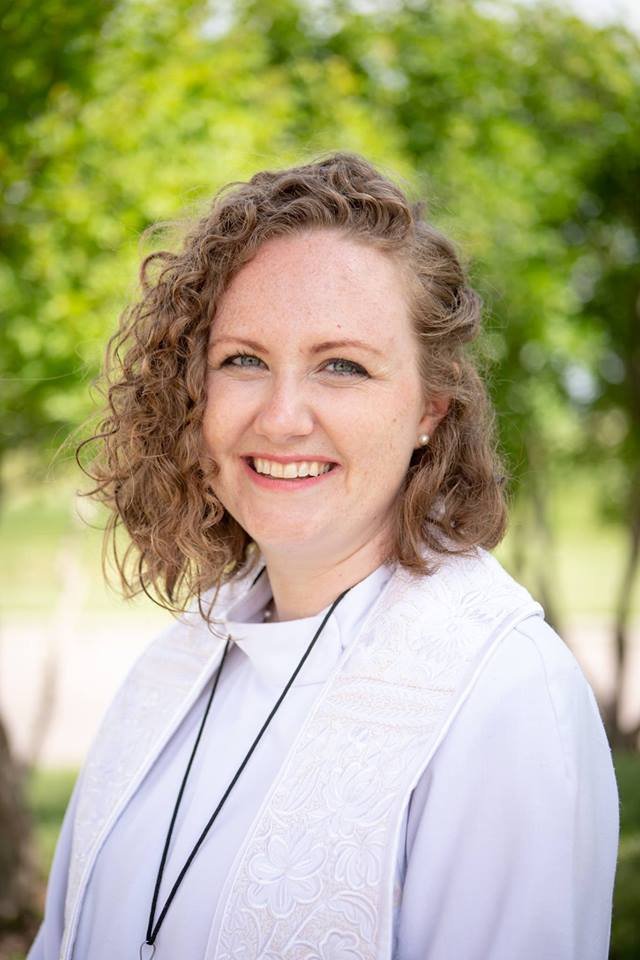Meet the Team: Diane Kenaston
“Do you have time to talk?” I texted desperately. I was messaging anyone I knew who had ever led a congregation through restart, merger, or closure. I had read all of the available books. But books couldn’t give me what I needed. I needed someone to listen and tell me I wasn’t alone. I yearned to hear others testify that I’d get through this because they’d gotten through it. And I had questions ranging from, “Am I a failure?” to “How do you get rid of 111 years’ worth of stuff in a ginormous building?”
My standard-issue pastor support system (i.e., therapist, covenant group, coach, supportive judicatory leaders) continued to be important, but none of them had “been there, done that.” Concluding a church’s ministry felt like doing multiple funerals a week for months on end.
I needed people who knew my grief and the grief of my congregation.
So I called Chelsey and cried for an hour. I video-chatted with Lorrin and furiously took notes. I exchanged ideas with Sara as she went through a similar process at the same time. I interviewed pastors whose churches had merged or restarted. I started a subgroup in Young Clergy Women International for people merging, closing, or relocating churches. With each conversation, I found strength to keep moving forward.
These person-to-person supports didn’t prescribe a particular course of action. Instead, they affirmed my gifts and deep knowledge of my own context. They asked me the questions no one else thought to ask. When I requested advice, they gently held out their own experience to see if it resonated or sparked something in me.
They gave me helpful tidbits like, “The congregants who struggle the most will be the people who have had other recent losses in their own lives.” They helped me to reflect theologically and practically on what I was experiencing. They reassured me about the timing: “Some people will think the process goes too fast no matter how long you drag it out; others may disappear before the end of the process because they can’t hold on that long.”
Most importantly, when I worried that other colleagues were judging me for leading a church into “failure,” they affirmed God’s truth: “You are only failing if the gospel is failing. Today is Good Friday. All you have to do is be faithful. God will take care of the resurrection. There will be life on the other side.”
This was the origin of the Good Friday Collaborative. With the compassionate support of people who had “been there,” I could hold steady in the tumult. I released my anxiety about the future so that I could become a less-anxious presence for my beloved congregation. I rested in the truth that my call wasn’t to be “successful” but to be faithful. While my experience was unique to my context, I was not making the way alone. My congregation was able to say good-bye to their name, building, pastor, staff, and identity. They were prepared for their merger by carefully concluding their existing ministry.
Life, death, life.
The people who accompanied me on this journey reminded me of this Good Friday vision. They sometimes said it out loud. They always testified to it with their lives.
